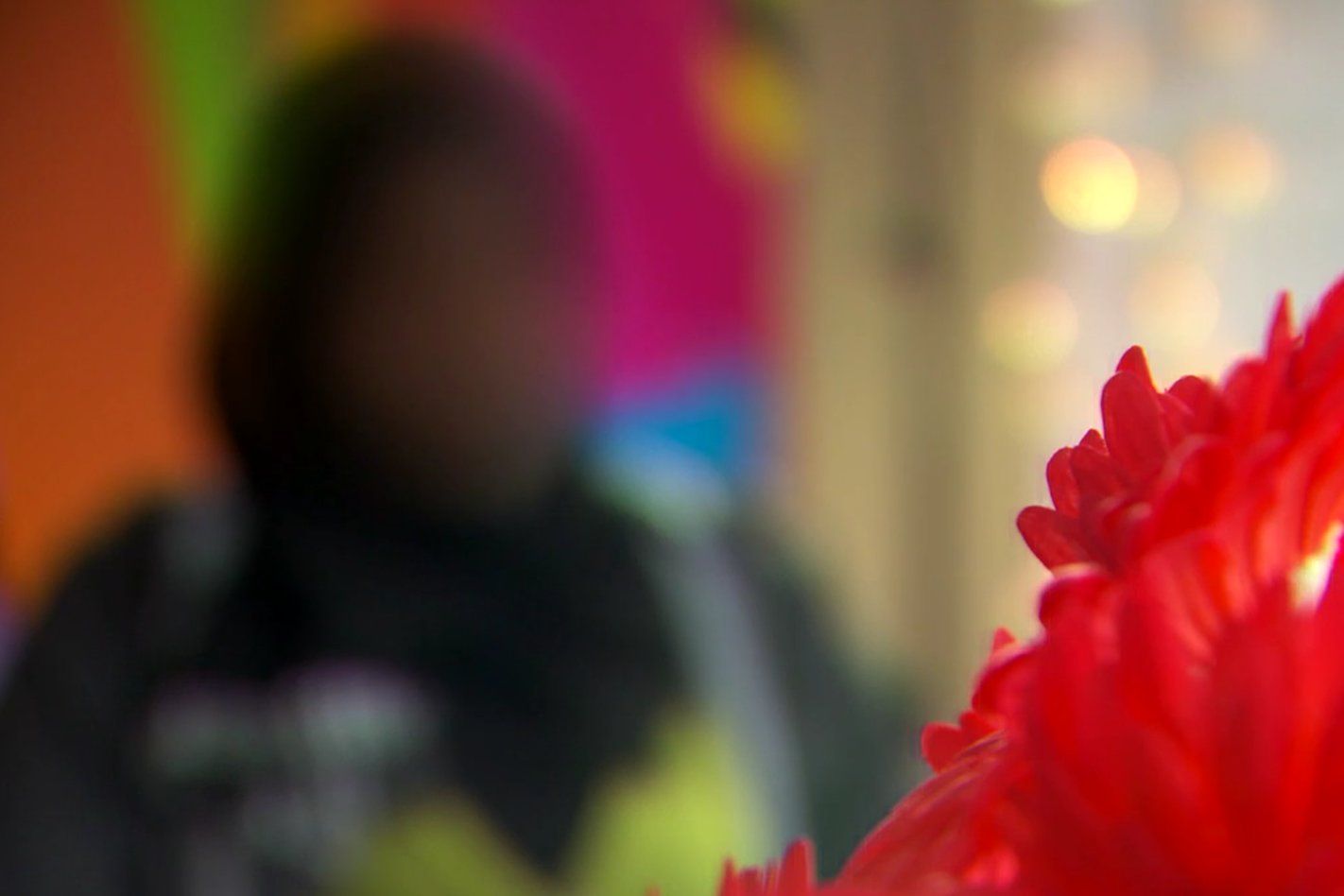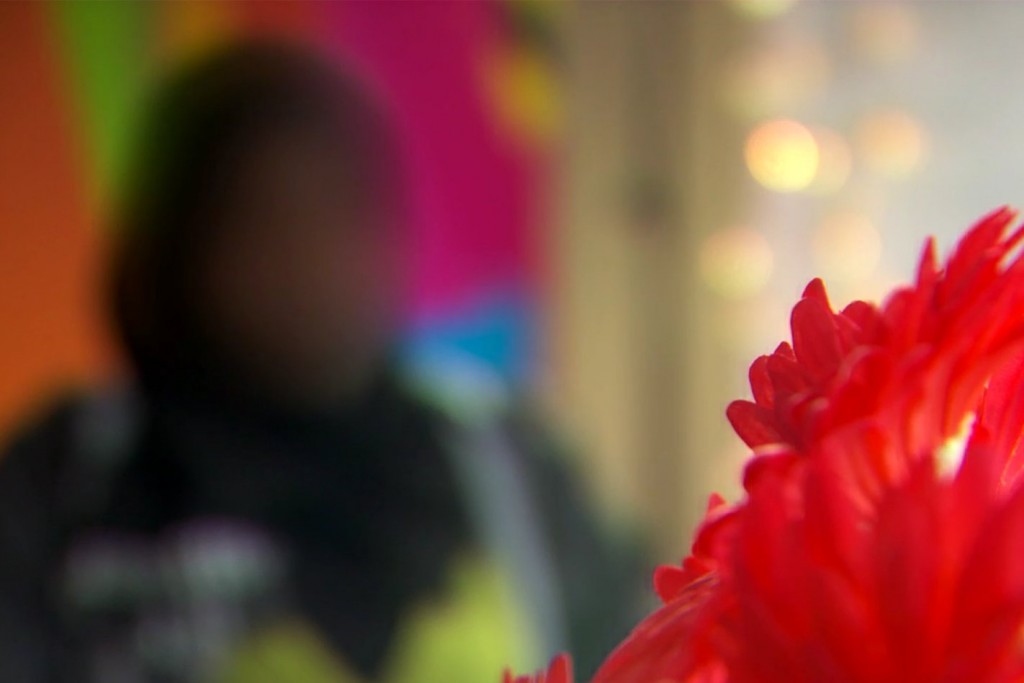On 12 September, The Royal College of Midwives (RCM) officially launched a series of animated films on Female Genital Mutilation (FGM).
The short animated films were developed by the RCM in collaboration with The Royal College of Obstetricians and Gynaecologists (RCOG), The Royal College General Practitioners (RCGP), survivors of FGM, NGOs and a variety local community partners.
The RCM and its partners worked closely with FGM survivors to ensure that the authenticity of the stories being told via the animations remained true to the realities of surviving FGM.
Dr Cheryll Adams CBE, executive director iHV, commented:
“FGM is embedded into the psyche of some cultures, but it is a crime against women that serves only to cause unimaginable distress and life-long suffering to its victims, destroying very many lives. The fact that so many English girls also become victims must cease, as must this practice worldwide.
The costs for necessary long-term medical care for its victims makes this much more than an individual issue, it is also a preventable public health priority. We applaud the RCM and their collaborators in making these films and urge health visitors to ensure that they have a wide audience amongst those who need to understand these issues better.
We strongly support the RCM call to action to end FGM internationally by 2030.”
All three short animations are now available to view:
The animated films will also be available soon in another four languages Arabic, French, Somali and Swahili.
The films are aimed at creating awareness around the health and physiological consequences of FGM, but also hope to cut through much of the inaccurate and misleading information circulating in the public sphere about FGM.
Importantly, each of the FGM animations ends with a ‘call to act’ on each UK Government.
The call to action includes the following:
- To develop, implement, monitor and evaluate a National FGM Action Plan with the goal of ending FGM in the UK by 2030;
- A commitment by all government agencies to end FGM, support survivors and share information to keep women and girls safe;
- Provide accessible specialist health and psychological care and support services in community settings for survivors and potential victims of all age groups;
- Education and training for the children’s workforce in their role and responsibilities for safeguarding girls and young women.






